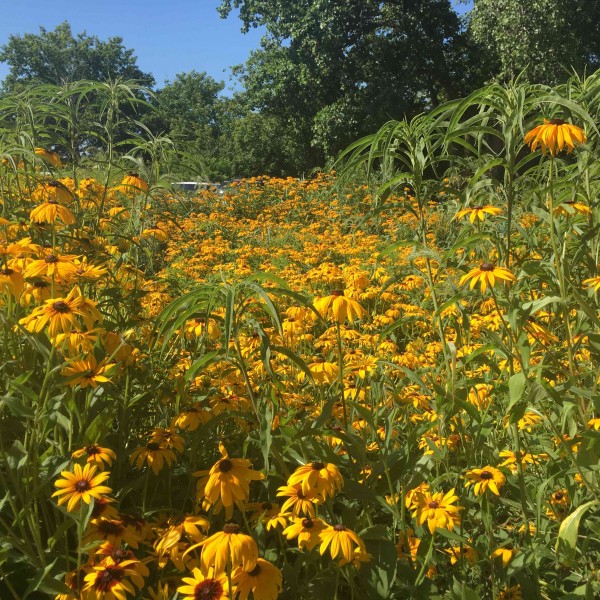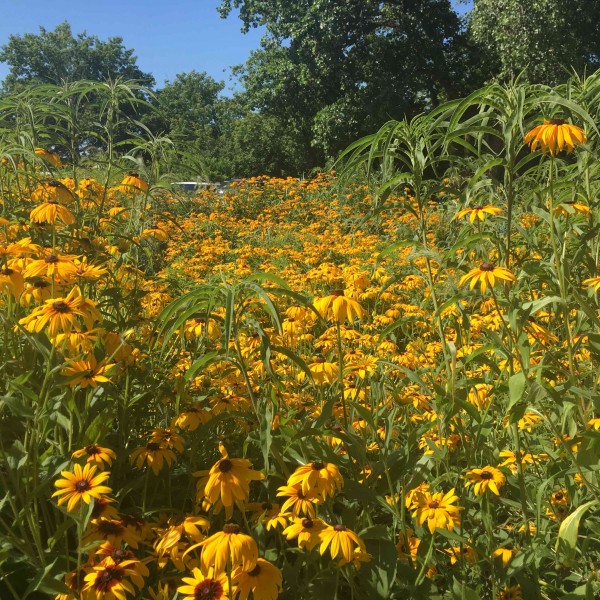Genetic and stable isotope analyses of fungi from Mexico's Yucatan Peninsula 2014
Chicago Botanic Gardens, Glencoe, IL
Ecology, Genetics, Soil & Fungal Biology
The objective of this project is to identify ecologically important symbiotic and saprotrophic fungi from understudied seasonally dry tropical forests in Mexico's Yucatan Peninsula using cutting edge tools. The rapid development of fungal ecology as it has entered the molecular age has highlighted many remaining fundamental knowledge gaps, including the huge number of tropical fungi that have yet to be identified, as well as recent findings that are challenging the notion that tropical systems harbor depauperate ectomycorrhizal fungal communities. This project will further our understanding in these areas by generating and analyzing DNA sequence and stable isotope data to identify and document the trophic status of fungal sporocarps collected recently in the forests of Quintana Roo, Mexico. The REU intern will also gain experience in a range of laboratory protocols, including DNA extraction, amplification of DNA "barcode" loci, Sanger sequencing, and elemental analysis, and will use cutting edge bioinformatic and phylogenetic software to identify fungal species. Students interested in developing their understanding of tropical ecology, plant/fungal biology, nutrient cycling, or genetic analysis are encouraged to inquire further.


